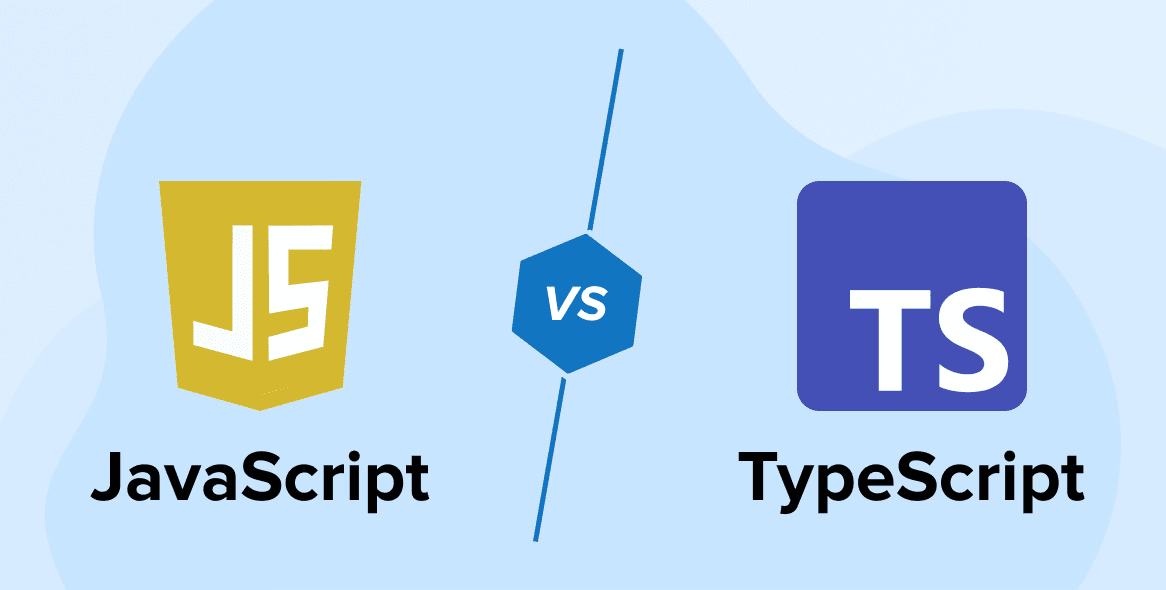The Rise of TypeScript: Why You Should Make the Switch
This article delves into the growing trend of adopting TypeScript over JavaScript, highlighting the major benefits such as enhanced type safety and superior development tools. It provides insights into how TypeScript improves code quality and developer experience, making a case for programmers to consider making the switch.
The Rise of TypeScript: Why You Should Make the Switch
In the rapidly evolving landscape of web development, the quest for more efficient, scalable, and maintainable applications is eternal. Enter TypeScript, a superset of JavaScript that brings static typing to the dynamic world of JavaScript. This enhanced approach to scripting has been gaining traction among developers, addressing many of the pitfalls of its predecessor. In this article, we'll delve into the numerous benefits of TypeScript, including type safety and improved tooling, which are compelling reasons why developers should consider making the switch from JavaScript.
What is TypeScript?
TypeScript is an open-source programming language developed and maintained by Microsoft. It is a superset of JavaScript that compiles down to plain JavaScript, making it fully compatible with any JavaScript runtime environment. One of the key features of TypeScript is its optional static typing system, which allows developers to define types for their variables and function parameters, leading to fewer bugs and a more maintainable codebase.
Type Safety in TypeScript
One of the most significant advantages that TypeScript brings to the table over JavaScript is type safety.
Early Bug Detection
With TypeScript, many errors can be caught during the compilation process before the code even runs. This is because TypeScript's type system allows developers to annotate their code with types, which are then checked at compile time.
function greet(name: string) {
console.log(`Hello, ${name}!`);
}
// This will cause a compile-time error because '42' is not a string
greet(42);Better Editor Integration
TypeScript's rich type information enables better integration with code editors and IDEs. For example, Visual Studio Code—a popular code editor—provides enhanced features for TypeScript, including in-editor error highlighting and code navigation, which streamline development.
Refactoring with Confidence
TypeScript's adherence to type safety makes refactoring large codebases much easier and safer. When you change one part of your code, TypeScript helps ensure that related parts are updated accordingly, reducing the risk of unintended side-effects.
Enhanced Tooling and Developer Experience
TypeScript not only strengthens your code but also improves the tooling around it, enhancing the overall developer experience.
Intelligent Code Completion
Development environments can harness TypeScript's types to provide more intelligent code completion, known as IntelliSense. This leads to more productive coding sessions, as developers spend less time looking up method signatures or API documentation.
Integrated Documentation
Type information can serve as a form of documentation within the code, making it easier for new developers to understand the structure and intended use of different components. TypeScript also supports JSDoc comments, further enriching the available documentation.
Project Scalability
As projects grow in size and complexity, TypeScript's features become even more valuable. It provides a framework for organizing code that can make it easier to manage large-scale applications and collaborate with larger teams.
Performance and Community Support
While TypeScript adds a compilation step to the development process, the output is still optimized JavaScript. Moreover, the TypeScript community is active and growing, with plentiful resources available for learning and troubleshooting.
Making the Switch to TypeScript
Switching from JavaScript to TypeScript can be incremental, thanks to its compatibility with JavaScript. Existing JavaScript code can be gradually annotated with type information, allowing teams to transition at their own pace.
// JavaScript code
function calculateArea(radius) {
return Math.PI * radius * radius;
}
// Converted to TypeScript with types
function calculateArea(radius: number): number {
return Math.PI * radius * radius;
}Conclusion
The rise of TypeScript is a testament to its robust type system, enhanced tooling, and the desire among developers for a more maintainable and scalable approach to coding. By offering type safety and reducing runtime errors, TypeScript helps build more robust applications. Whether you're working on a small project or a large enterprise application, the switch to TypeScript could be a landmark improvement in your development workflow. With increasing community support and seamless transition paths, there's never been a better time to embrace TypeScript in your projects.


Kiran Chaulagain
kkchaulagain@gmail.com
Software engineer and DevOps practitioner with 6+ years of experience turning ideas into scalable web applications and reliable infrastructure. Passionate about clean code, automation, and bridging the gap between development and operations.